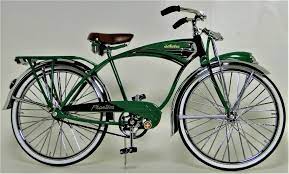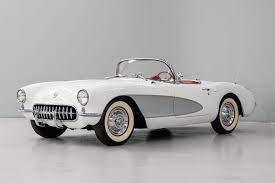
“The mass of men lead lives of quiet desperation.” Thoreau. And the epigraph to my first book of poetry.
I will forever associate Thoreau’s quote with Sherwood Anderson’s collection of short stories, Winesburg, Ohio. Anderson called his characters “grotesques,” but I thought that a little strong. To me they were just “people,” because, frankly, by Anderson’s ledger, we’d all be grotesques.
Quiet desperation is what pushes me to write, to make sense of things, and I love best poems that speak to Thoreau’s great truth. In George Bilgere’s book, Blood Pages, I came across one:
Schwinn
by George Bilgere
One day my mother astonished me
by getting astride my bike,
the heavy old balloon-tired Schwinn
I used for my afternoon paper route,
and pedaling away down the street,
skirt flying, hair blown back,
a girl again in the wind and speed
that had nothing to do
with pulling double shifts at the hospital,
or cooking meatloaf, or sewing up my jeans,
the old bike carrying her away
from my father dead of booze,
and her own nightly bottle
of red wine in front of the news.
She flew down the road so far
I could barely see her,
then slowly pedaled back to me,
and stepped off the bike, my mom again.
It’s the perfect quiet desperation poem, the kind I like to write myself. For one brief, shining moment, the narrator’s mother, infinitely sad and trapped by life’s circumstances as so many adults are, is a little girl again, hair blowing and skirt flying in the wind, hopes and dreams still ahead of her.
Briefly, the boy loses sight of his mother, as if she has escaped maybe, as if her pursuit of happiness has ended with an actual capture.
But that is the stuff of Hollywood and fairy tales. In life? People pedal back slowly. They step off their what-was-I-thinking bikes. They are moms and dads again. Quietly. Desperately.

